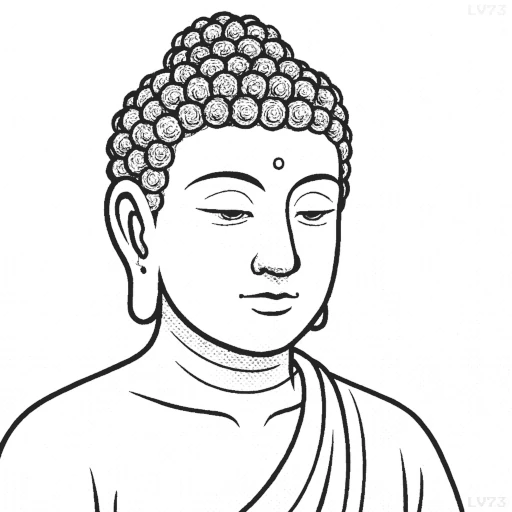“Those who are free of resentful thoughts surely find peace.”

- 7th century BC to 5th century BC
- Indian
- Religious leader, thinker
table of contents
Quote
“Those who are free of resentful thoughts surely find peace.”
Explanation
This quote highlights the importance of letting go of resentment and negative emotions in order to experience true peace. Resentment, which often stems from past wrongs or injustices, can weigh heavily on the mind and heart, preventing individuals from living fully in the present. By freeing oneself from resentful thoughts, a person can experience a deep sense of inner peace and emotional freedom. The quote suggests that forgiveness and emotional release are key to finding peace, as holding onto anger or grudges only leads to ongoing suffering.
In the modern world, where stress and conflict often arise from interpersonal challenges, this message is particularly relevant. Letting go of resentment can improve mental health and relationships, fostering a sense of calm and emotional resilience. For example, someone who practices forgiveness—even in difficult situations—can free themselves from the emotional burden of anger and experience greater harmony within themselves. Letting go of past grudges opens up space for new, positive experiences.
Historically, Buddha’s teachings emphasized the importance of overcoming negative emotions like anger and resentment as part of the path to enlightenment. Buddha taught that such emotions are forms of suffering that bind individuals to the cycle of attachment and pain. By cultivating compassion and forgiveness, individuals can free themselves from the mental chains of resentment and attain a more peaceful and fulfilling life.
Would you like to share your impressions or related stories about this quote in the comments section?



